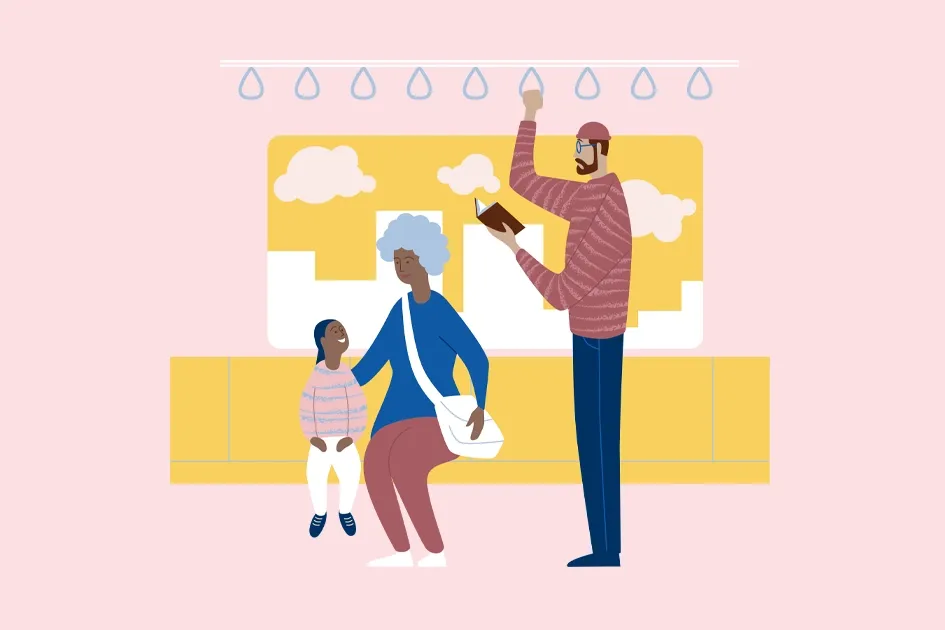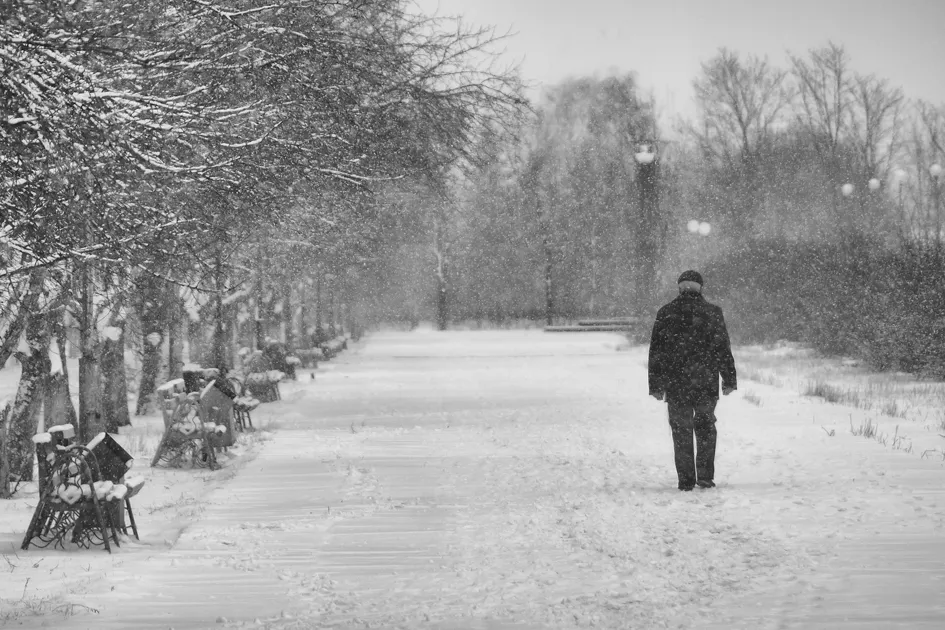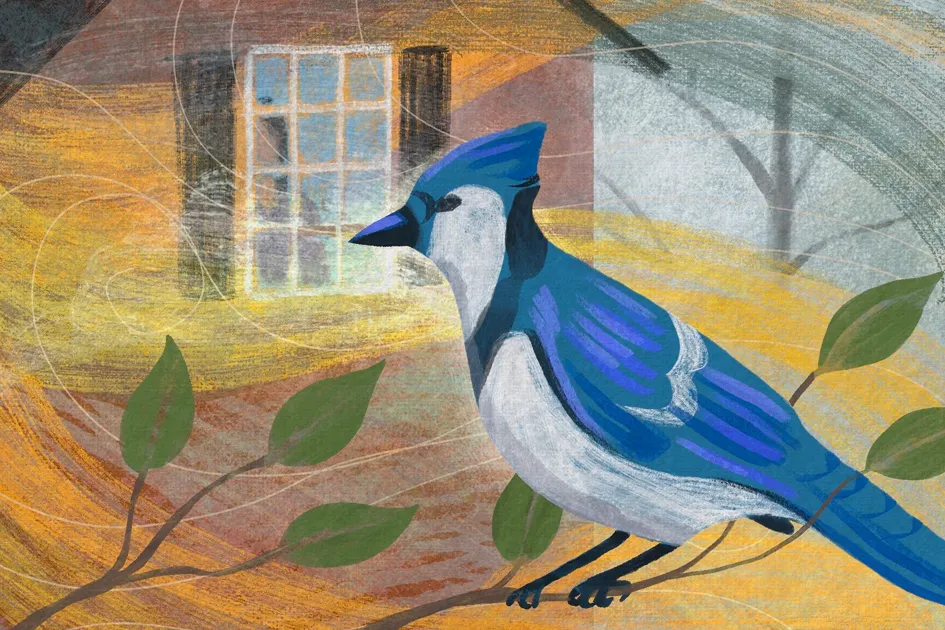I stood at the back of the boutique with my mother, afraid to touch the ornate beadwork and embroidery on the table in front of us. The shop owner buzzed around us, hands flying between clothing racks as she raved about the merits of each garment—one was hand-embroidered and hand-beaded, another was silk, and still another had just arrived from India.
As glints of gold, red, and green caught the light, a flood of anxious thoughts rushed through my mind. I had to find a wedding dress, and our options were limited unless we had something specially made or we traveled to India. Did anything even exist in the state of Georgia that would speak to both Indian and Western traditions? I wanted desperately to wear something that honored my family’s background as well as my soon-to-be husband’s. I found myself living in this tension many times as we planned our “fusion” wedding.

Living in the balance between cultures was nothing new to me. Growing up as a child of immigrants to America, I had often struggled with my identity and always felt as if I didn’t quite belong. I was frequently asked, “What are you?” I knew they meant my ethnicity, but I’d tell them, “I’m a girl,” hoping to move on in the conversation. My classmates were usually not satisfied.
If I shared that my family is Indian, the next inquiry was often about my family’s “tribe” or stereotypes of South Asians. I accepted that getting to know new people sometimes required distinguishing between Native Americans and Asian Indians or feeling inadequately equipped to speak for the vast Indian diaspora when asked about things like our academic abilities or food. I tried to do this gently by making myself the object of any humor I used to diffuse the tension.
I didn’t realize the long-term impact of basing so many of these interactions on self-deprecation. I wanted to hide from the rich, beautiful history that came with my parents to this country, and I didn’t want to draw any attention to myself. But in avoiding the burden of speaking on behalf of this worldwide community, I had let others believe my heritage was a joke, and I’d never come to terms with my own fears about fitting in.
I had let others believe my heritage was a joke, and I’d never come to terms with my own fears about fitting in.
When I became a Christian in college, it was a reluctant conversion. I thought my faith would require me to give up part of who I was, because I didn’t know any Christians who looked like me. I worried that this new identity existed in conflict with the other names I bore. Christian, Indian, American—how could they fit together?
As I grew in my understanding of Scripture and church history, my confidence grew that God truly does seek after all of us. I learned that the church in India had existed long before European colonialism, tracing its origins to the apostles Thomas and Bartholomew. Just as my childhood peers had looked at me through a very specific lens, I had incorrectly perceived what the church looks like around the world.
Years later when my future husband and I began to discuss marriage, I was concerned about our families understanding one another’s traditions. His family was American, but then again, so was mine. It was just that his family had been here for a few generations, and I was the first person in my family born in this country.
Once more I found myself afraid of not fitting in, relying on the same generalizations about Indian culture, traditions, and languages—completely disregarding the 14 national languages and hundreds of others spoken there. I joked about being good at math and spicy food, and I certainly didn’t invite the Lord into these conversations.
By dwelling on these differences, I forgot that what the world thinks of me doesn’t affect who God is.
But doing this caused me to worry about our future as husband and wife and, someday, as parents. If I couldn’t explain myself to these adults, how could I navigate a multicultural family? I didn’t want to feel as though we were constantly choosing one culture or family tradition over another. Yet by dwelling on these differences, I forgot that what the world thinks of me doesn’t affect who God is. Scripture is clear that the Lord gave Himself for “every nation and all tribes and peoples and tongues” (Revelation 7:9). His sacrifice—His love—isn’t conditional.
The Lord celebrates our differences, because they are the work of His hands, while simultaneously calling us to be one body, the bride of Christ. My husband’s family surprised me as they practiced pronouncing my family’s names, tried our food for the first time, and opened their hearts and homes to a new cultural experience. And I found myself more able to receive questions with love, genuinely helping them grow in their understanding of my family instead of deflecting with jokes. I discovered his family traditions and history, too, and treasured the opportunity to learn about the German and Italian relatives that came to this country to make new lives for their families, paving the way for future generations to grow and achieve even more.
In the end, we weaved East and West together in many ways—getting married wearing a lehenga and a sherwani in an old downtown Atlanta building, including music that fused Indian devotional styles with Christian themes, and serving baked chicken alongside chicken tikka masala. The Lord’s encouragement was clear as we celebrated the start of our marriage this way—transcending cultures by drawing them together, rejoicing in the differences while looking ahead to the new.
Illustration by Lokesh Karekar


